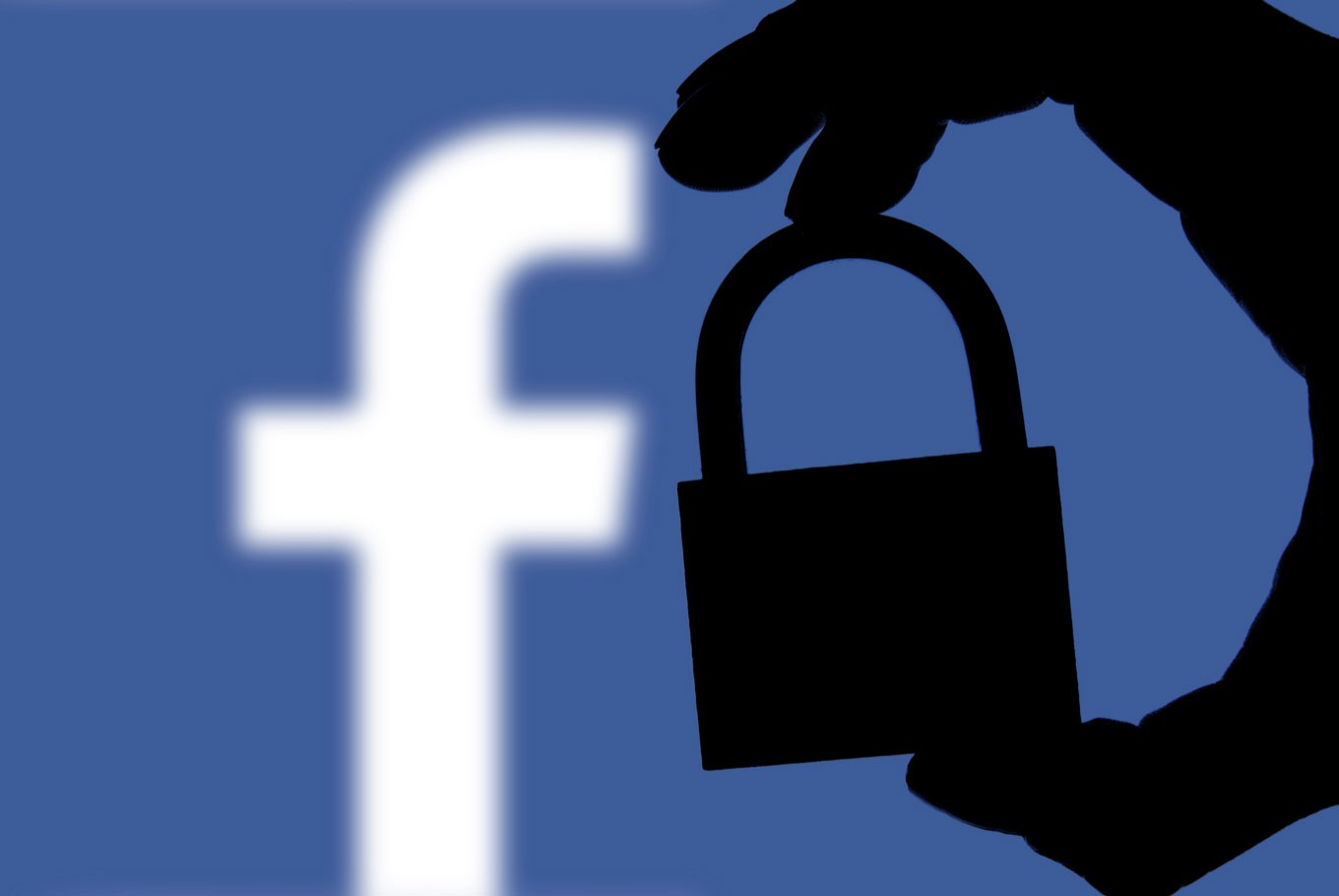Popular Reads
Top Results
Can't find what you're looking for?
View all search resultsPopular Reads
Top Results
Can't find what you're looking for?
View all search resultsFacebook, Twitter try to safeguard Indonesian elections
Facebook, WhatsApp and Twitter have taken preventive steps to curb misinformation that may disrupt the legislative and presidential elections in April.
Change text size
Gift Premium Articles
to Anyone
A
s the presidential election approaches, Dina Iskandar was increasingly disturbed by her mother-in-law who kept telling her not to vote for President Joko “Jokowi” Widodo.
She said her mother-in-law, who stumbled upon a Facebook post informing her that the incumbent would eliminate the subject of religion from the school curriculum, was convinced the information was true, no matter how many times Dina told her it was a fake news, as many mainstream news sites have clarified.
“She really thought that Jokowi doesn’t care about religion and tried to influence us not to vote for him,” Dina, 26, said. “I now think that social media can really influence our voting preferences.”
In Indonesia, online platforms have become battlegrounds between Jokowi's supporters and those of challenger Prabowo Subianto in a fight to attract voters, especially since nearly all internet users in the country use online messaging apps and social media.
A 2017 survey by the Indonesian Internet Providers Association estimated that about 143.26 million of the country's 262 million people are internet users. Among them, 89.35 percent use online messaging apps while 87.13 percent also use other kinds of social media.
Facebook, which has been blamed for circulating countless fake news stories that influenced the United States presidential election in 2016, has now stepped up efforts to ensure that public conversations about elections, including in Indonesia, would not be similarly disrupted.
“One of the lessons we’ve learned in working to protect elections around the world […] is that whenever you have major civic events like an election, there will be people who attempt to manipulate public debate,” Facebook's head of cybersecurity policy, Nathaniel Gleicher, said.
The tech giant, which also owns the popular social media apps WhatsApp and Instagram, has set up a team dedicated to anticipating and dealing with potential threats ahead of the legislative and presidential elections to be held simultaneously on April 17.
The team is to try to find and remove actors who engage in “coordinated inauthentic behavior” and people who run fake accounts with the intention of disrupting elections and politics, Gleicher said. The team is tasked with curbing the spread of misinformation on Facebook.
“This team already focuses on the challenges we anticipate ahead of the Indonesian elections, just like we had teams focus on the challenges we anticipated ahead of the US midterms [in 2018],” he said.
Facebook on Friday banned about 207 Facebook pages, 800 accounts, 546 groups and 208 Instagram accounts with ties to the Indonesian hate-speech propagation network, Saracen, for similar reasons.
“We have identified a network of accounts pages that we see engaged in deceptive behaviors and we removed them from the platforms,” Gleicher said. “We continue to do that kind of investigation.”
In terms of combating misinformation, the tech giant has worked with third-part partners consisting of several media outlets and the Indonesian Anti-Slander Society (Mafindo) to check on the authenticity and accuracy of information spread over the platform.
WhatsApp has also reduced the number of times a user can forward a message, from 20 to five, a measure put in place following the spread of rumors on social media that led to killings and lynching attempts in India last July.
The feature was expected to be in effect with WhatsApp's latest update last week.
Meanwhile, Twitter acquired software company Smyte in 2017 to tackle online abuse, harassment and spam, as well as to protect user accounts. The company also erased about 70 million accounts in mid-2018 for being related to malicious bots.
The companies said it had worked to teach politicians and political parties how to use social media in engaging with their constituents, with Facebook launching a website detailing a set of instructions for politicians to use social media ethically.
They have also worked with officials from the General Elections Commission and the Elections Supervisory Agency to train them to spot fake news and report it to the platforms.
According to Mafindo’s latest data, issues related to politics still dominated the topics of misinformation on the internet between July and October 2018, with more than 170 examples of such content having appeared and been discovered by the public.
Most of the false information was distributed through Facebook, but Mafindo chairman Septiaji Eko Nugroho said there might have been more hoax-related content in WhatsApp. However, it could not be detected because of WhatsApp being a private application.
Measures that have already been taken by the tech giants, particularly the limitations on message forwarding, are only temporary fixes as users were still able to spread content manually, he said.
The important thing in the battle against the spread of misinformation was to educate the public of the need to verify information, especially when hoaxes were spread through a society polarized by politics, he said.
"There should be an initiative that can give people easier access to cross-check the information they have received," Septiaji said.










